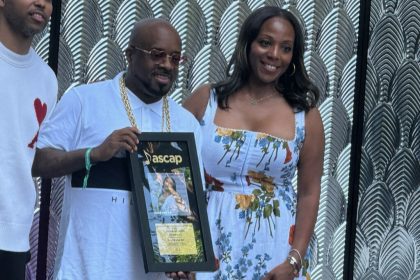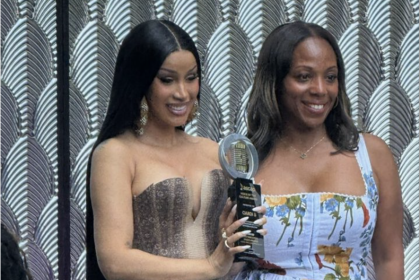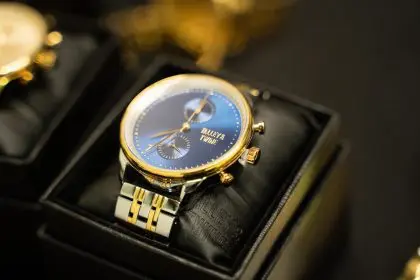Cardi B has been “partying hard” since her split from Offset.
The 32-year-old rapper – who split from Offset last year – admits that she’s been partying “a lot” in order to take her mind off of her relationship troubles. Sources close to the artist reveal that she’s been focusing on self-care and maintaining a positive mindset during this transitional period. The decision to be open about her coping mechanisms has been praised by mental health professionals who emphasize the importance of honest dialogue about relationship challenges.
Cardi B video clip seen by 2 million immediately
In an audio clip posted on X, Cardi shared: “A lot of people have been saying that I’ve been going out a lot, a lot, a lot, a lot, a lot, a lot, a lot lately, which I have. Yesterday was my last day going out to party. I’m not going to party for a little minute, do you know what I’m saying? Me and my friends decided for a little minute, because I feel like we keep seeing the same people now.” The candid message garnered over 2 million views within hours of posting, with fans praising her authenticity and relatability in handling personal struggles.
Cardi, who married Offset back in 2017, is determined not to “over-think” her personal troubles. Their relationship had been subject to public scrutiny throughout their marriage, which produced three children. Despite the separation, sources close to the couple indicate they remain committed to co-parenting their children effectively.
“After you have a break-up, you have to just live a little bit, you know what I’m saying?” the “Bodak Yellow” hitmaker said. Mental health experts often emphasize the importance of maintaining social connections and pursuing enjoyable activities during major life transitions. Studies show that active social engagement can significantly improve emotional recovery after relationship endings.
‘That might fry you again’
The rap star continued: “If you’re in the house, even if you work, you could work and get that money, you over-think that situation and it’s like … that might fry you again. Not only might that fry you, it might make you sad. That might depress you. That might make you do dumb decisions, like hit up your ex or something like that.” Her honest approach to discussing post-breakup healing has resonated with millions of fans worldwide, particularly young women navigating similar situations.
Cardi has also trashed the idea that she’s “too old” to party. The comment came after social media users criticized her recent nightlife appearances, sparking a broader conversation about ageism in the entertainment industry. Celebrity psychologists have noted that such criticism often reflects deeper societal biases about age-appropriate behavior, especially for women in the public eye.
“I hate that people be going, ‘You’re too old to be going out. You’re too old to be going out.’ B—-, I’m in my f—— 30s! I work my a– off and I was put up a whole seven years. I need to live a little bit,” the rap star said. Her response highlights the double standards often applied to women in the public eye, particularly regarding age and behavior expectations. The statement has sparked widespread support from other celebrities and fans who face similar age-related judgment.
Throughout this transition period, Cardi has maintained an impressive work schedule, with multiple projects in development. According to industry sources, her streaming numbers have increased by 30% since the separation announcement, suggesting that her personal challenges haven’t impacted her professional success. Several music industry analysts predict her upcoming releases might reflect these recent life changes, potentially resonating even more strongly with her audience.
The Grammy winner’s management team reports that she’s channeling her emotions into new creative projects, with plans for both music and business ventures in 2024. Her ability to balance personal growth with professional development has earned praise from industry veterans and mental health professionals alike, who cite her as an example of healthy post-separation adjustment.

















